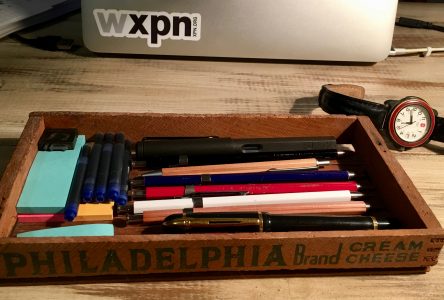
Author, Jenny Odell, does an excellent job of painting a picture in the audience’s mind. In her book, How to Do Nothing, her main point is to express how to do less and enjoy your life more. She states that there is two lessons to be learned in this book. One is disengaging from from the attention economy and the other is reengaging with something else. The “something else” is nothing besides time and space, Odell explains. Jenny Odell says she tries to focus a lot on her surroundings. She argues that because the internet strips us of our sense of place and time, we can counter its force by placing ourselves within our physical environment, by becoming closer to the natural world. She goes onto say we are in a contemporary society, and what we can do to fix it and and fix ourselves. Ironically, the most effective tactic against our 24/7 culture of productivity might just be doing nothing. The author argues, when we stop, step back, and refocus our attention, we can begin to see the outline of a better, more meaningful existence. Odell states “The point of doing nothing, as I define it, isn’t to return to work refreshed and ready to be more productive, but rather to question what we currently perceive as productive”. Jenny Odell asks her audience why the modern idea of productivity is often a frame for what is actually the destruction of the natural productivity in an ecosystem. In more in depth, she explains how her happiest times were when she was completely aware of being alive. She says “In those moments, the idea of success as a teleological would have made no sense; the moments were ends in themselves, not steps on a ladder”. Odell talks about art work being a huge part of her life. She used computers to make her art, so it was an art-and-technology category. She states that her only real interest in technology was how it gives us more access to physical reality. Jenny Odell, says she’s not quite fully against technology. “There are forms of technology, from tools that let us observe the natural world to decentralized, noncommercial social networks, that might situate us more fully in the present” (Odell xii). She connects her ideas from technology with social media. There is times where one cannot fully express themselves on social media. The most damaging idea is commercial social media, which is affecting the way we live and see ourselves. Jenny Odell hopes that, How to Do Nothing will become a new, popular proposal, instead of our productivity obsessed environment. Hopefully by doing nothing, people will find ways of connecting to self- meaningful things. Obviously, when doing nothing, it is not activism, but she explains activism very clear. She preaches how important it is to pay attention to the little things. Odell uses a personal example saying “One thing I have learned about attention is that certain forms of it are contagious. When you spend enough time with someone who pays close attention to something, you inevitably start to pay attention to some of the same things”. I can personally connect to the author with a pattern of attention. One thing I tend to pay a lot of attention to is uncommon kindness. I always choose to notice when someone makes someone else’s day.




